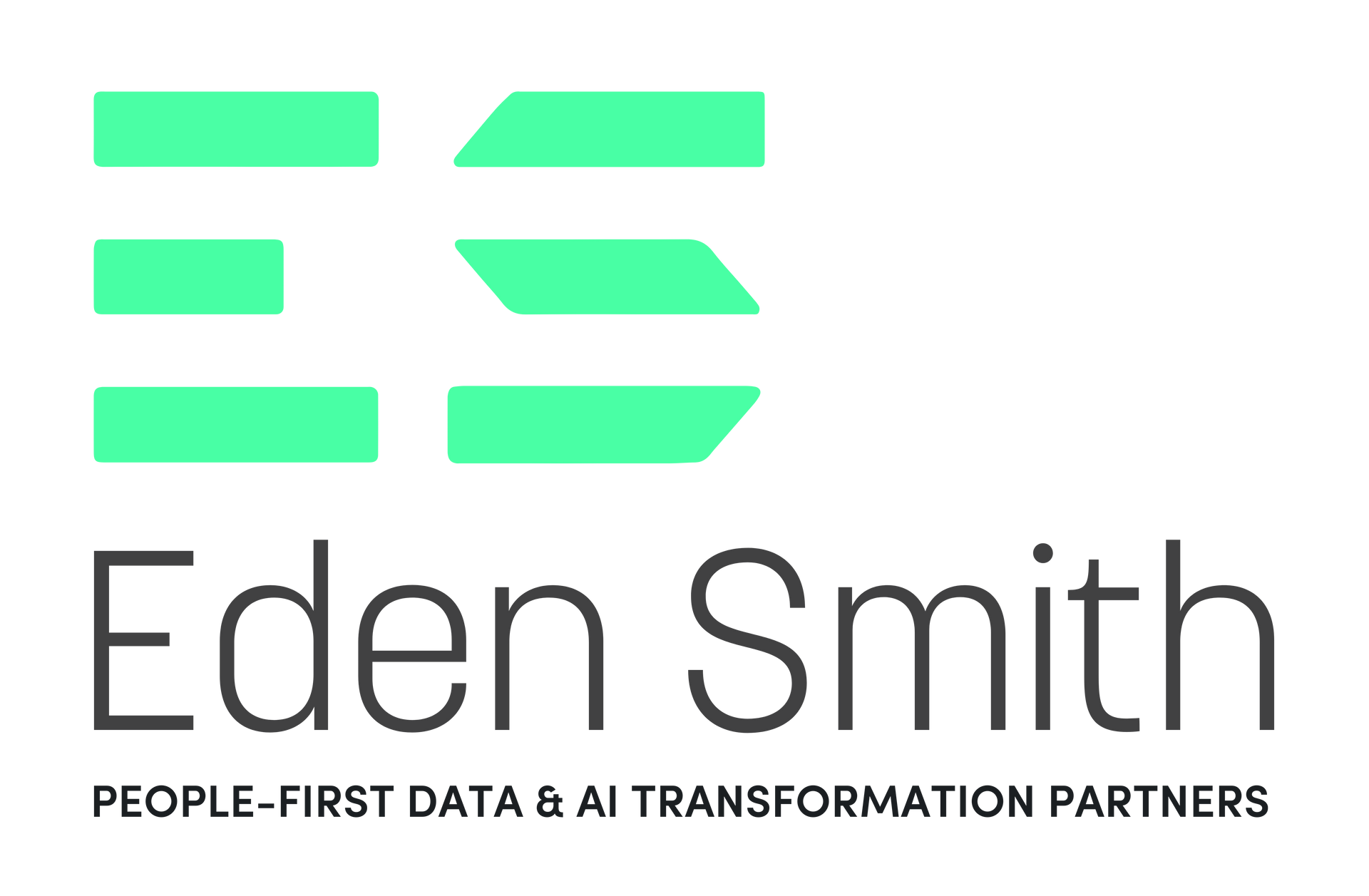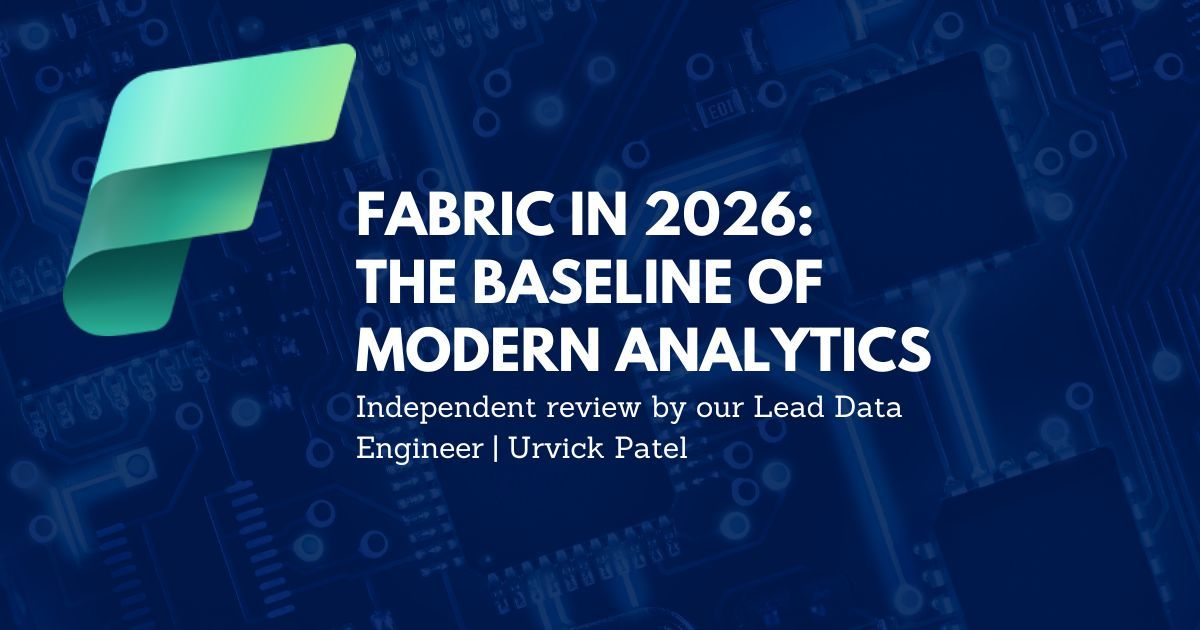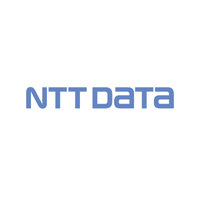How to Avoid the Pitfalls of a Data Literacy Programme
Would You..?
Would you step into a taxi if the driver had only learned to drive by reading the manual? Or trust a surgeon who picked up their skills from YouTube videos alone?
Probably not.
Yet, when it comes to data literacy, many organisations take a similar approach - believing that a series of online courses and a few training sessions will be enough to transform how employees work with data.
Despite significant investments in data literacy programmes, many organisations struggle to turn the lessons into action. In many cases, employees rush ‘click-through’ online courses, eager to obtain badges that look good on their profiles. Yet these digital credentials rarely translate into meaningful application. Similarly, team members attend workshops and obtain certifications for attendance, but their daily practices remain unchanged.
Why?
Because learning isn’t a one-time event - it’s a continuous process. And without reinforcement, most of what is taught is quickly forgotten.
So, what does it take to truly embed data literacy into an organisation’s culture?
Let’s explore further.
The Common Challenge with Most Data Literacy Approaches
Most data literacy programmes treat learning as an event rather than a continuous process. Often viewed as a one-time initiative, these programmes are typically structured around intensive training events. Initial enthusiasm is common, but the momentum quickly dissipates once employees return to their everyday tasks, leaving little to show in terms of sustained behavioural change.
This pattern aligns with research on knowledge retention. Research shows that individuals forget a significant portion of what they learn within days or weeks. A one-off online course, workshop or webinar, no matter how engaging, rarely translates into long-term skills or improved workplace habits.
The challenge lies not just in transferring knowledge but in ensuring that it becomes embedded in practice, applicable in real-world situations, and sustainable over time. Most data literacy programmes often fall short of addressing these goals, leaving learners disconnected from the material and struggling to retain what they’ve learned.
The Science Behind Effective Learning
Understanding how our brains naturally change and adapt to new information can help us find better ways to learn and remember things. By using techniques that match how our brains work, we can develop habits that stick. These habits not only make it easier to remember what we learn but also help turn that knowledge into regular, meaningful actions over time.
Three key mechanisms are particularly important for developing skills:
- Learnings that Stick
One of the biggest challenges in learning is making sure we remember what we've learned after the training is over. Strategies that help combat the challenges of memory retention are micro-learning, spaced repetition and retrieval practice.
Micro-learning, which involves breaking down information into bite-sized, focused sessions, provides an efficient structure for learning, delivering content in easily digestible formats. These shorter, more concentrated learning bursts allow for better engagement and are particularly effective for complex or technical subjects.
To reinforce this, Spaced Repetition schedules revisit learned materials at carefully planned intervals. This method tackles the forgetting curve by strengthening neural pathways through repeated exposure over time, rather than overwhelming.
Complementing this is Retrieval Practice, which actively engages the learning in recalling what has been learnt, for example through quizzes or summarising key points. Adding fun elements like leaderboards, badges, and polls can also make learning more engaging. These strategies not only help us remember information but also make the learning process enjoyable, memorable and easier to apply when needed.
Repeated practice significantly outperforms single-session learning. When we repeat activities, neural pathways strengthen, making skills more automatic and accessible.
- Learning by Doing
This approach, also known as experiential or active learning, focuses on direct participation and hands-on activities. The "generation effect" supports this by showing that the act of producing answers improves memory and understanding. Furthermore, physical tasks, like using tools and technology, activate sensory and motor areas of the brain, leading to deeper learning. It builds on foundational knowledge and avoids cognitive overload as complex tasks are introduced only after solid basic knowledge is established.
By actively working with materials in real-world or simulated settings, learners connect the theory to practice. Contextual relevance plays a key role in improving knowledge transfer. Skills learned in isolation from their application context require significant cognitive effort to transfer to real-world situations. Direct involvement in problem-solving with their newly acquired knowledge empowers learners to construct their own understanding rather than passively receiving information.
'Learn by Doing' shifts learning from passive to active.
- Learning with Others
Learning with others taps into the natural way humans develop and refine skills - through social interaction. By observing peers, exchanging ideas, and working together, individuals can reinforce their understanding and pick up new techniques in a supportive environment. Activities such as discussions, collaborative problem-solving, and peer feedback create a sense of community that promotes shared learning and long-term improvement.
Key to this approach is the integration of three principles of the AGES Model™*: Attention, Generation, and Emotion. By learning with others, individuals remain more attentive, as the group dynamic reduces distractions. It also supports generation, where new knowledge is actively linked to past experiences, sparking insights. Emotionally, social interactions heighten the learning experience, embedding it deeper into memory by connecting the material with shared feelings and relationships.
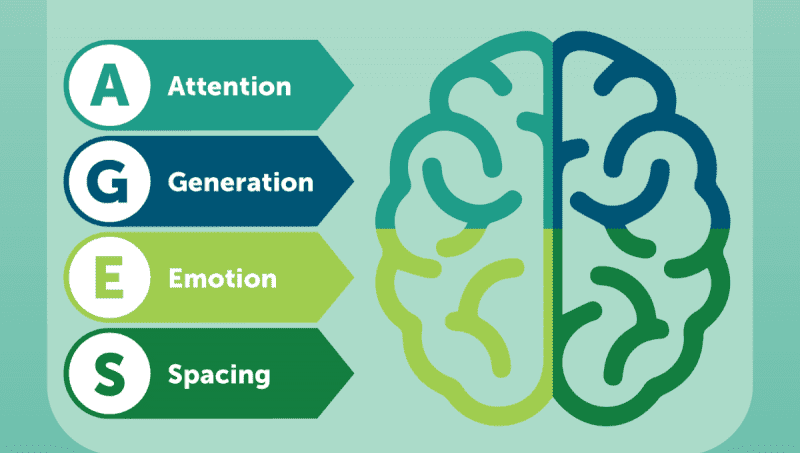
Social learning is also about making connections that help deepen memory. Group settings are effective because they encourage participants to form emotional and practical links to what they are learning. Real-time feedback and the opportunity to imitate successful behaviours increase confidence and engagement.
By prioritising collaborative approaches, organisations create a culture where learning becomes a shared responsibility, helping to embed new skills and behaviours across teams. When people learn with and from each other, progress becomes both individual and collective. This works particularly well in with diverse teams across functions or regions to share best practices and generate new insights together.
The Multi-Touch Approach: Building Data Habits™ and Behaviours That Last
The widening gap between technological advancement and organisational adaptation, what's known as Martec's Law, requires a more wholistic approach to creating lasting change.
The usual data literacy programmes tend to fall short as it is not just about one-off learning modules or workshops. It is about building confidence in handling and interpreting data, developing fluency through regular practice and application, changing habits and behaviours to embed data into daily routines, and creating environments where decisions based on data are expected and valued. It's about fundamentally changing how people work, think, and act.
We need to move beyond traditional training methods toward integrated ecosystems that nurture data habits and behaviours through multiple reinforcing channels. This multi-touch approach recognises that lasting change requires consistent reinforcement across various touchpoints in an employee's work experience.
Leadership Alignment and Advocacy
Data literacy initiatives without visible leadership support often become isolated "nice-to-have" programmes rather than strategic priorities. Leaders play a crucial role in articulating a clear vision for data usage that resonates across all levels of the organisation.
Many companies struggle because top managers want quick wins now, not data skills that pay off. This short-term thinking makes it hard to build lasting data habits across the company.
Effective leadership advocacy includes:
- Strategic Alignment: Explain exactly how people should use data in their work and why it helps the whole company succeed.
- Active Engagement: Leaders should attend data events, talk about data in meetings, and actually use data tools themselves - not just tell others to do it.
- Role Modelling: When leaders ask "What does the data show?" before making choices, everyone notices. When they question both the decision and the numbers behind it, it shows they truly value data.
When leaders connect getting better with data to getting ahead in your career, people pay attention. Their visible support turns vague ideas about "data is important" into clear reasons why everyone should care about using data well.
Learning and Talent Strategy
Don’t jump straight into building a training calendar! Start by mapping out what skills your people already have and where they struggle with data. Pay attention to how they feel about using data too - not just their technical know-how.
Instead of one-off workshops, build learning journeys and experiences that grow skills step by step. Mix it up with short videos, hands-on practice, team talks, and real work projects. This helps different people learn in ways that work best for them.
Add a Gaming Element
Add some fun with games and contests. Create data challenges where teams compete to solve real business problems using data. Award points, badges, or small prizes for completing learning modules or applying new skills. A simple leader board can encourage friendly competition and keep people engaged. These game elements tap into our natural love of achievement and recognition, releasing dopamine in the brain to encourage repeat behaviour.
Bring the Data into Conversations
Look for ways to bring data learning into what people already do. Could your team chats include a quick look at key numbers? Could project check-ins have a moment to talk about what the data shows? When learning becomes part of daily work, it doesn't feel like an extra task.
Data Champions
While learning on your own helps, learning with others makes it last. Build groups where people can share problems, celebrate wins, and learn from each other. This support keeps going long after formal training ends.
These groups need champions - people across different teams who help others get better with data. Find these helpers, give them extra training, and let them influence and spread good data habits within their areas of influence. Make sure you reward people who use data well in their decisions, include data skills in job reviews, and show clear paths for growth.
Track the Data
Finally, track what truly matters - are people working differently, not just attending training. Are teams making better choices with data? Are they asking better questions of the data? These signs show your programme is making a real difference in how people work, not just what they know.
Engagement and Communication
Even the best data programmes will fall flat if people aren't excited about it. You need more than just sending out emails to encourage people to get on board.
Multi-channel
Talk to your teams in many ways - not just one. Use team meetings, quick videos, company chat groups, and eye-catching posters. Mix it up to reach everyone, wherever they are.
Purpose
Be clear about why data matters for your company and for each person's job. Show them how better data skills will help make their daily work easier or helping them progress in their role.
Connect Emotionally
Tell stories with data instead of just showing numbers. Show a marketing team how data helps create better campaigns. Show the customer service team how data helps solve problems faster. Make it personal. When Sarah from sales used data to win a big client, share that story! Real examples from co-workers make data feel relatable and useful. When people see "what's in it for me," they care more.
Two-Way
Ask for feedback often and make sure you use it. Quick surveys and open forum discussions can reveal what's working and what's not. When people see you making changes based on their input, they feel ownership of the programme.
When your communication makes data feel helpful, not overwhelming, people will lean in rather than tune out. The goal is to make everyone think, "This could make my workday better," not "This is just another thing to learn."
The Path Forward: From Literacy to Culture
When done right, an impactful data literacy programme becomes part of your company’s DNA. It isn’t just about teaching people data concepts, it’s about changing how people work, think, and engage with data.
As data grows more important for staying competitive, businesses need to help their teams build confidence and courage with data. It goes beyond offering training sessions and instead creating different ways to learn and engage with data.
It's not about filling heads with knowledge but changing how people solve problems. When using data becomes as natural as checking email, it transforms decision-making at every level, from the front desk to the boardroom. By weaving data into daily routines, companies build a culture where data instincts drive more informed, faster choices - making data an effortless part of everyday work life.
With thanks to Rosanne Werner Founder & CEO of XcelerateIQ for sharing her expert view and insight into data literacy.

